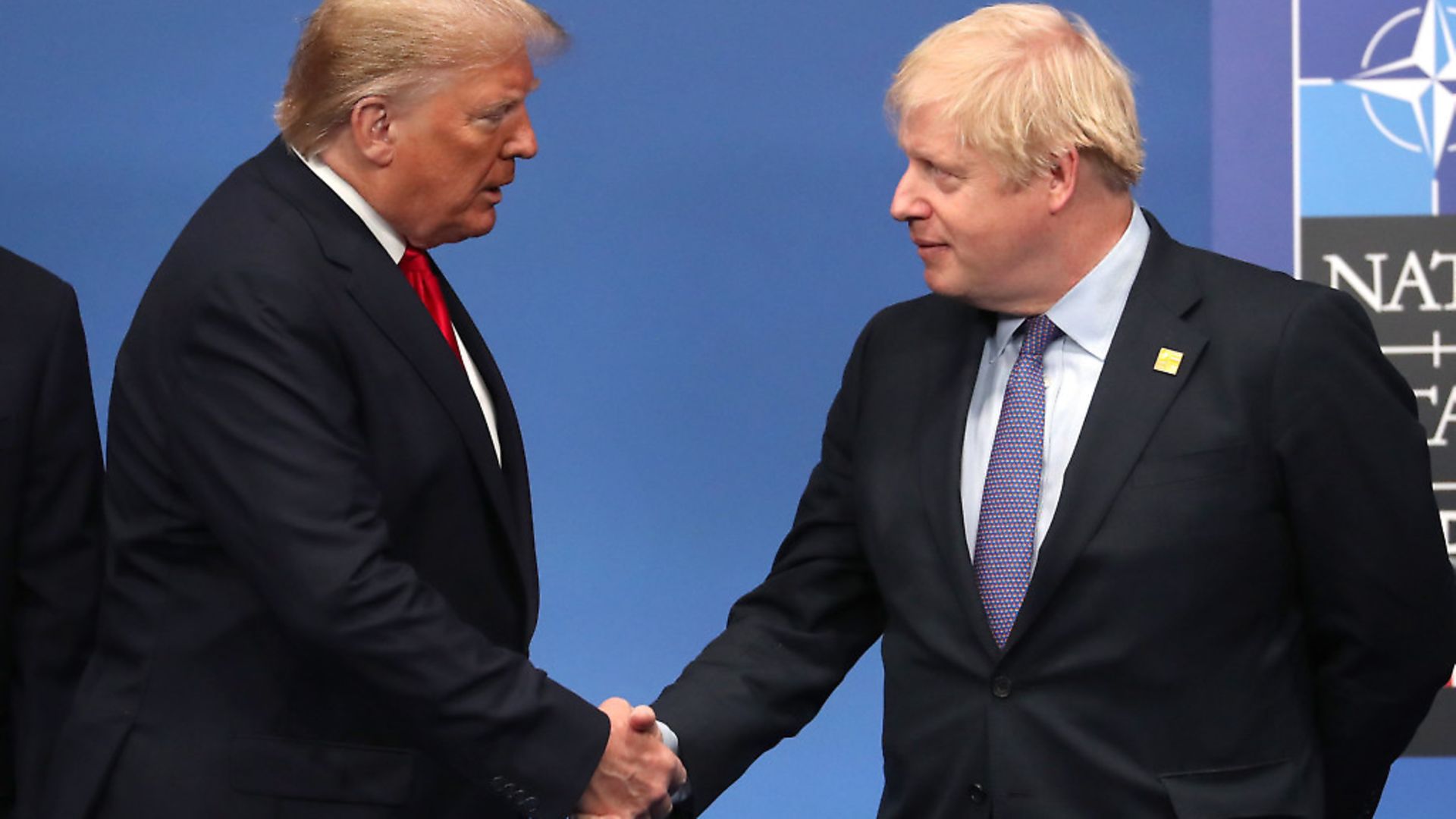
An overwhelming majority of Britons oppose the importing of lower quality food as part of any future UK-US trade deal, new polling suggests.
Out of 2,000 people surveyed by consumer group Which?, 86% said they were concerned a softening of standards under a post-Brexit free trade agreement could mean currently banned goods appearing on UK supermarket shelves.
Respondents were particularly worried about chlorinated chicken and hormone-treated beef being served up in schools, hospitals and restaurants, where people may have little information or choice about what they eat.
Around 74% opposed importing food produced using these methods while 95% of people said it was essential the UK maintained existing requirements, which ban the use of chlorine-washing, growth hormones and many pesticides.
As negotiations over a UK-US trade deal intensify, Which? has called on the Downing Street to create new laws to protect standards.
Such legal commitments could be made through the Agriculture or Trade Bills currently before parliament, it argued.
The new executive director of supermarket chain Waitrose, James Bailey, has thrown his support behind the call.
Writing to customers, he said that ‘any regression from the standards we have pioneered for the last 30 years, both as a business and as a country, would be an unacceptable backwards step’.
He added: ‘It would be simply wrong to maintain high standards at home yet import food from overseas that has been produced to lower standards.
‘We would be closing our eyes to a problem that exists in another part of the world and to animals who are out of our sight and our minds.’
Bailey highlighted that one million people have signed a National Farmers’ Union petition calling for laws to prevent future trade deals leading to food imports that would be illegal to produce in the Britain.
A majority of respondents said food produced to US standards, such as chlorinated chicken (63%) and hormone-treated beef (61%), should not be allowed into the UK even if labelled.
Only one in 10 (11%) of people from poorer households thought food from countries with lower standards should be let in. That percentage is only slightly higher – one in six (16%) – for occupants in more affluent households.
The consumer group said the findings ‘dispel the myth’ that British consumers have an appetite for lower quality produce.
Sue Davies, head of consumer protection and food policy at Which?, said the findings offer a stark reality for British negotiators.
‘People in Britain – whether rich or poor – are absolutely united in their opposition to lowering food standards and allowing imports of products like chlorine-washed chicken or hormone-treated beef into our supermarkets, schools and hospitals.
‘Food standards in the UK must not be compromised by any trade deal that would betray decades of progress on food safety, quality and animal welfare.
‘The government must legislate to protect food standards in the Trade Bill or Agriculture Bill to reassure consumers and send a positive message that Britain wants to strike ambitious trade deals that enhance food standards worldwide.’
Department for International Trade spokesman has said the government would not sign a trade deal that will compromise the country’s high environmental protections, animal welfare and food safety standards.
’We are a world leader in these areas and that will not change,’ they said.
’Chlorinated chicken and hormone-injected beef are not permitted for import into the UK. This will be retained through the EU Withdrawal Act and enshrined in UK law at the end of the transition agreement.’
International trade secretary Liz Truss also claimed that the UK’s high food standards will not be compromised by any new trade deals she strikes.









